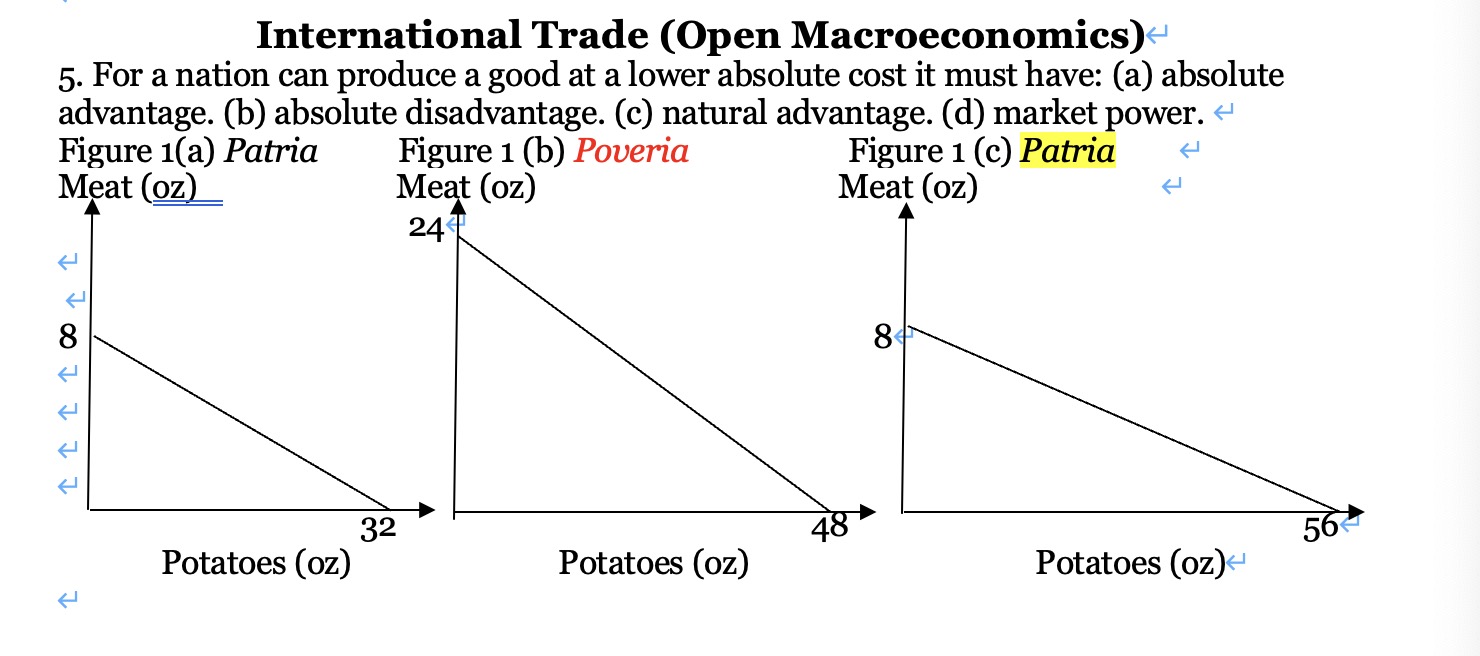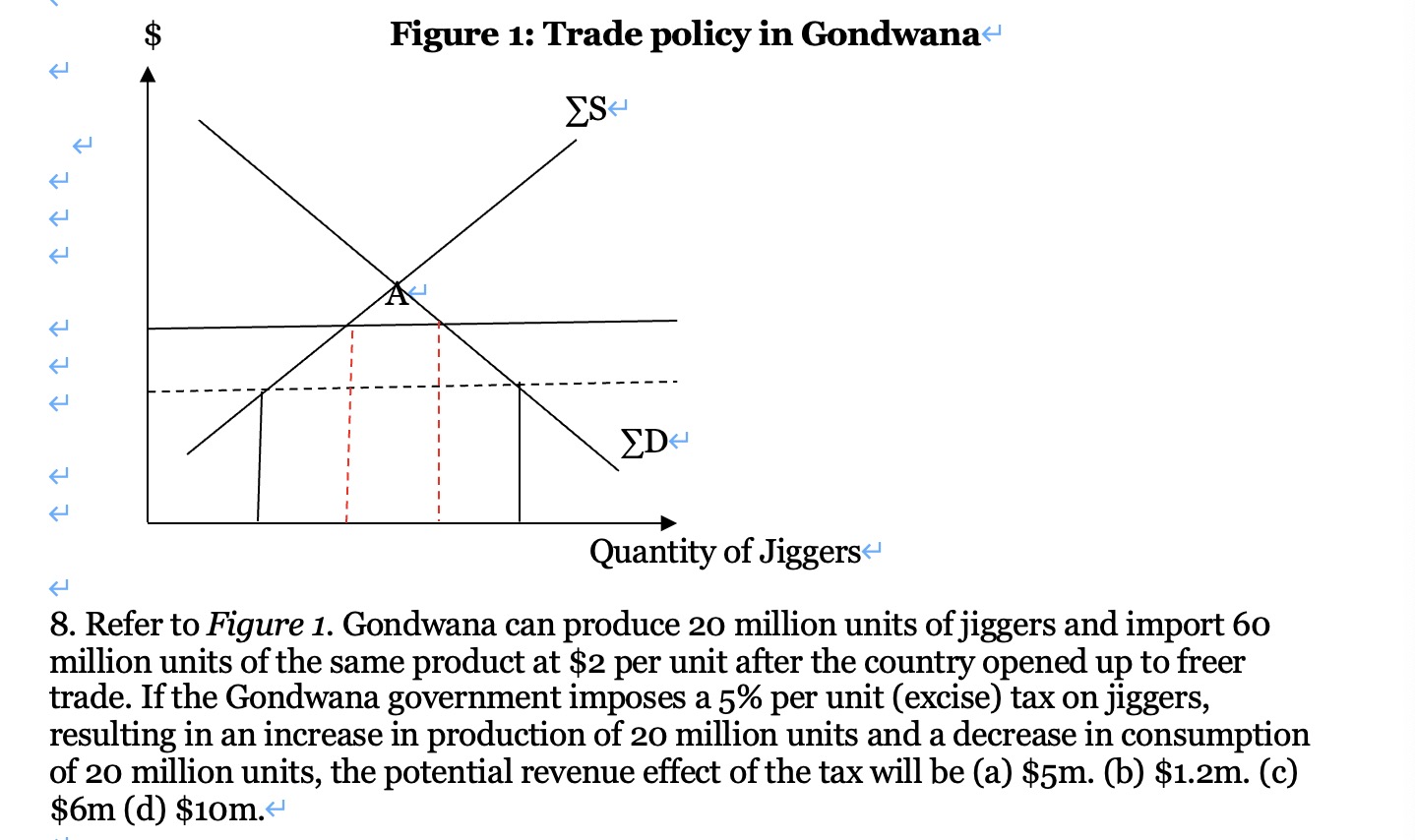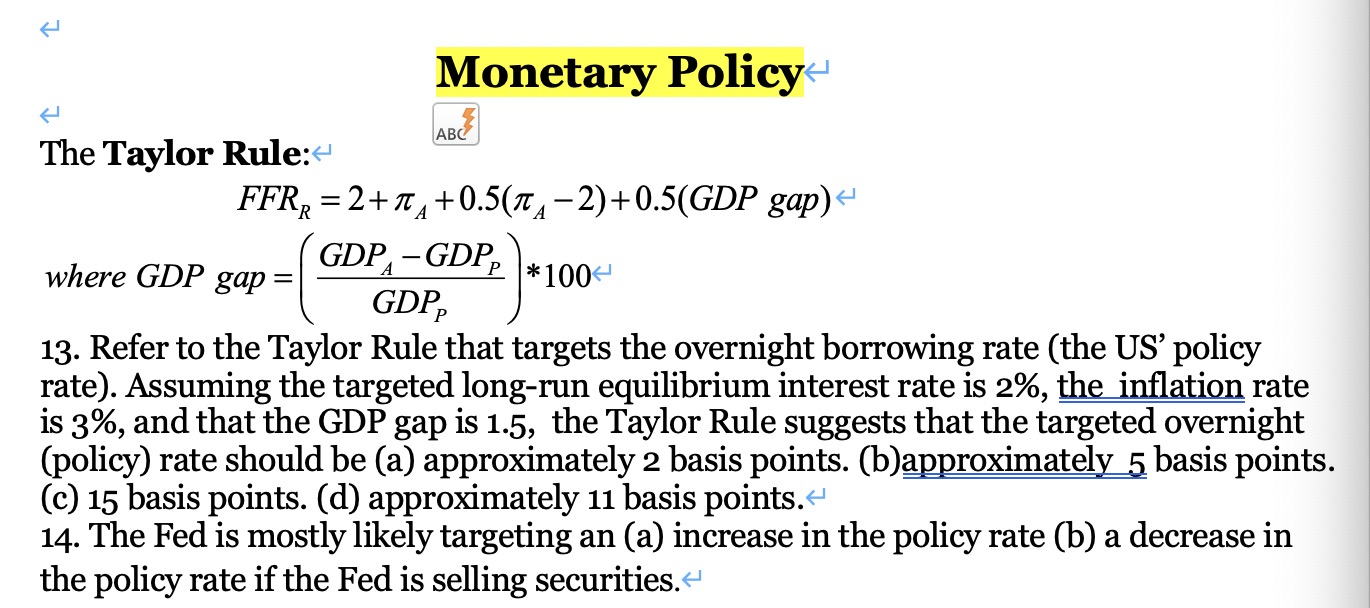Question
1. Economics is the study of how individuals and societies choose to use their scarce resources efficiently. (a) True. (b) False. 2. John is planning
1. Economics is the study of how individuals and societies choose to use their scarce resources efficiently. (a) True. (b) False.
2. John is planning on consuming orange juice. He gains 4 utils from the first container of orange juice, 7 utils from the second container, and 9 utils from the third container of orange juice. Accordingly, John's marginal utility must be increasing (a) True. (b) False.
3. Referring to question 2, suppose the marginal cost of the second container is$5 when the marginal benefit is 7 utils, (a) John will be maximizing utility. (b) John could continue to buy more orange juice. (c) John will not have sufficient money for another container.
4. Jane could consume $20 worth of food without any income. She consumed $30 worth of food after she made $200 worth of disposable income. Assuming that Jane's consumption function is linear and that she could consume $40 worth of fo0d for an additional $200, what is the value of Jane's marginal propensity to consume? (a) 5 cents. (b) $0.10 (c) $0.20. (d) $200.




International Trade (Open Macroeconomics) < 5. For a nation can produce a good at a lower absolute cost it must have: (a) absolute advantage. (b) absolute disadvantage. (c) natural advantage. (d) market power. Figure 1(a) Patria Figure 1 (b) Poveria Meat (oz) Figure 1 (c) Patria Meat (oz) Meat (oz) 24 8 e 2 Potatoes (oz) 32 Potatoes (oz) 48 8 Potatoes (oz) < 56
Step by Step Solution
There are 3 Steps involved in it
Step: 1
Question 1 Economics indeed involves the study of how individuals and societies make choices to allo...
Get Instant Access to Expert-Tailored Solutions
See step-by-step solutions with expert insights and AI powered tools for academic success
Step: 2

Step: 3

Ace Your Homework with AI
Get the answers you need in no time with our AI-driven, step-by-step assistance
Get Started


